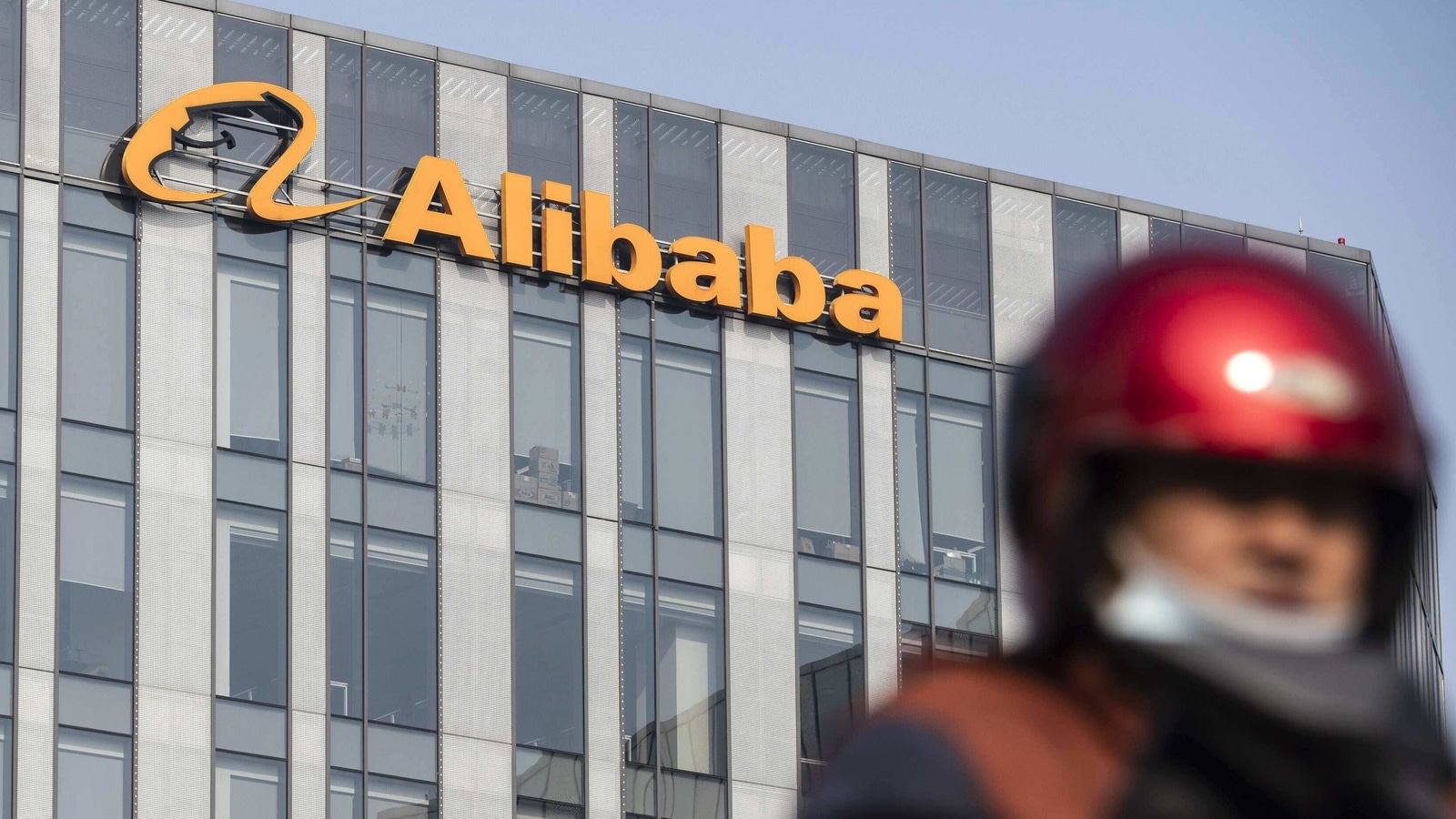Alibaba to open up bargains app in concession to antitrust campaign
China’s largest e-commerce operator Alibaba Group is planning to offer its fast-growing Taobao Deals service on rival Tencent's WeChat messaging platform.

China's largest e-commerce operator Alibaba Group Holding Ltd. is planning to offer its fast-growing bargains service on rival Tencent Holdings Ltd.'s WeChat messaging platform in a major concession to regulators seeking to crack down on monopolies in the internet sphere, according to people with knowledge of the matter.
Alibaba and Tencent have long excluded each other's services from their platforms, creating so-called walled gardens within their ecosystems. Now, Alibaba is planning to set up a Taobao Deals lite app on Tencent's WeChat and has already invited some merchants to participate, according to the people. Selling through the WeChat super-app means the merchants will now be able to accept payments made through WeChat Pay, a service that had been barred on Alibaba's marketplaces, the people said, asking not to be identified as they weren't authorized to discuss the information.
Tencent will have to approve the listing of any in-app platforms -- commonly known as mini-programs -- and it's not clear if the company will do so with Taobao Deals lite app. More than one billion people use WeChat, which has evolved beyond chatting to offer ride-hailing, online shopping and payments on its platform. Representatives from Alibaba and Tencent didn't immediately respond to requests for comment.
Read more: Clarity in e-sports regulations will further boost industry, says MPL co-founder
The move is one of the clearest indications that Beijing's crackdown on monopolies is taking effect. China's antitrust watchdog has made regulating internet companies one of its top priorities, cracking down on monopolistic behaviours from alliances that squeeze out smaller rivals to forced exclusive arrangements and predatory pricing. President Xi Jinping on Monday called for greater oversight of the “platform” economy, signalling that Beijing is preparing to amplify its campaign against its tech giants.
While Alibaba's roots are primarily in online shopping and Tencent's main businesses are in social media and gaming, the companies have, over the years, encroached on each other's territories. WeChat ventured into e-commerce in 2017 by allowing brands such as Starbucks Corp. and WalMart Inc. to sell through their mini-apps, a business that last year took in $240 billion. Alibaba-affiliate Ant Group Co.'s Alipay also competes head-to-head with WeChat Pay, and the two services together account for more than 90% of China's online payments market.
The companies' influence stretches beyond their core businesses. The two behemoths have created separate fiefdoms within China's tech industry through their patronages, buying up promising startups and investing in others to expand their reach. Only a few companies -- TikTok owner ByteDance Ltd. is a notable exception -- have thrived without forming an alliance with either giant.
Tencent has invested in JD.com Inc. and Pinduoduo Inc., whose e-commerce marketplaces compete with Alibaba, and it's also a backer of Meituan, which competes with Alibaba's Ele.me service in food delivery. Meituan was sued last year by a user, who accused the platform of preventing customers from using Alipay. The lawsuit is still ongoing, said Chen Pengfei, a lawyer at Beijing Shijing Law Firm who represents the plaintiff.
Outside its flagship Taobao and Tmall shopping platforms, Alibaba's deals app caters to the growing consumption needs of China's smaller cities and towns and is aimed at fending off hard-charging rival Pinduoduo. The mobile monthly average users of Taobao Deals surpassed 100 million in 2020, Alibaba said in its earnings. In February, local media 36Kr reported that a Taobao Deals mini program had been added to WeChat for a brief time before being removed.
Read more: WeChat-Owner Tencent Seeks $6 Billion Loan After Deals
The twin giants were founded by very different billionaire entrepreneurs: Jack Ma at Alibaba and Tencent's Pony Ma. Alibaba's Ma had been the most visible target of the antitrust campaign after the flamboyant businessman criticized regulators ahead of Ant's $35 billion initial public offering. The listing was pulled just days before its debut and antitrust investigators last year began a probe into Ma's flagship e-commerce corporation.
Unlike Jack Ma, his fellow billionaire has tended to avoid the media and skipped several major technology events due to health reasons. Still, he hasn't escaped the scrutiny of regulators -- Tencent has been fined for not seeking approval on past deals and people with knowledge of the matter have said the firm's fintech businesses may be the next target for increased supervision by financial regulators.
Tencent has previously been accused of barring services by rival tech companies on its platforms. ByteDance in February sued Tencent, alleging its rival had violated antitrust laws by blocking access to content from Douyin, TikTok's Chinese twin, on WeChat and QQ. The Shenzhen-based company has called the allegations baseless and malicious.
Catch all the Latest Tech News, Mobile News, Laptop News, Gaming news, Wearables News , How To News, also keep up with us on Whatsapp channel,Twitter, Facebook, Google News, and Instagram. For our latest videos, subscribe to our YouTube channel.































